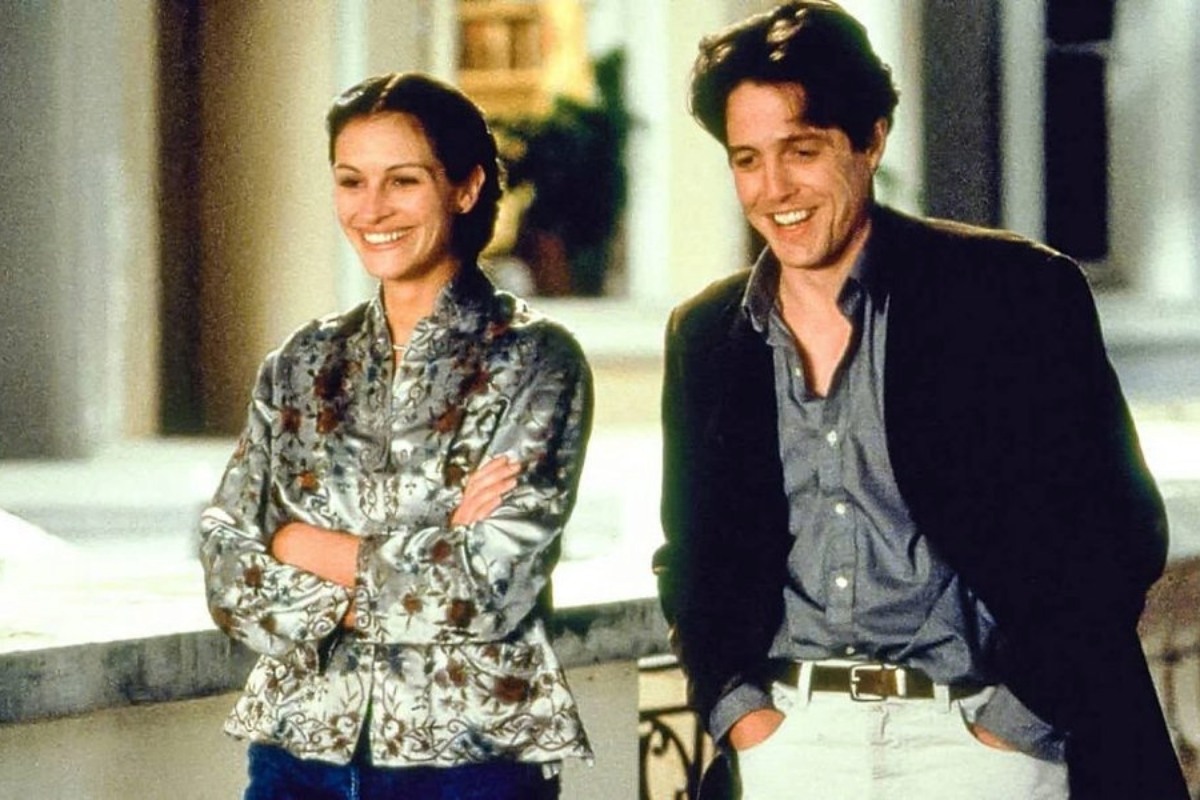He became a global heartthrob by playing Mr Nice Guy; today he calls that very role contemptible. What turned the poster boy of 90s romance against the character millions still adore?
Hugh Grant has turned the spotlight on a role many viewers still cherish, and he is not being gentle. In a Vanity Fair interview, he picks apart William Thacker from Coup de foudre à Notting Hill, calling the bookstore owner “despicable” and weak, and admitting a celebrated exchange with Julia Roberts now makes him wince. The actor has long enjoyed skewering his romcom past, from Quatre mariages et un enterrement onward. His latest broadside lands as he moves between the thriller Heretic and a fresh dip into romance with Bridget Jones: folle de lui.
The unexpected criticism of a beloved role
Calling a role that brought worldwide fame despicable is exactly what Hugh Grant has boldly done, referring to his portrayal of William Thacker in the iconic 1999 romantic comedy Notting Hill. While the film charmed millions with its heartfelt story and sparkling chemistry between Grant and Julia Roberts, the actor now paints a much harsher picture of the character he played.
Hugh Grant’s candid perspective
Diving into his criticism, Grant didn’t hold back. He described William Thacker as despicable, even labeling the character “weak.” A surprising remark, especially considering Thacker was written as a shy, relatable bookshop owner who audiences adored. One particularly telling moment cited by Grant is the well-known restaurant scene, in which Roberts’ character Anna pleads for understanding, offered as an example of Thacker’s lack of backbone.
Evidently, Grant’s perspective goes beyond surface-level observations. He shared private anecdotes about how friends and family reacted to his performance back then, noting they too found certain aspects of the character off-putting. It seems Grant has been carrying doubts about this iconic role for quite some time.
A recurring pattern in his filmography
Interestingly, this isn’t Hugh Grant’s first critique of his own romantic comedy roles. Known for starring in beloved films like Four Weddings and a Funeral, Grant has often spoken of his ambivalence toward the charming yet flawed characters that defined his career in the 1990s and early 2000s. His dissatisfaction extends far beyond William Thacker, signaling how he now views his work from that era with a sharper lens.
However, audiences rarely shared Grant’s sentiments. For many, these characters, while imperfect, embodied the vulnerability and romantic hopefulness that made such movies unforgettable. What Grant sees as “weak” is precisely what many fans connected with most.
Shifts toward darker and more complex roles
This self-critique comes at an intriguing moment in Grant’s career. Since the release of the thriller Heretic in 2024, where he showcased a sinister edge far removed from his romantic comedy days, he has proven his strength in tackling darker, more complex roles. And yet, despite this shift, Grant is set to return to romance in Bridget Jones: Mad About the Boy (2025), a sequel sure to rekindle memories of his earlier filmography.
That return to his roots may signal a reconciliation with the genre, suggesting that even while critiquing his past, Grant recognizes the enduring joy those films continue to bring to audiences.
A film that stands the test of time
Though Hugh Grant might have his qualms with William Thacker, Notting Hill remains timeless. The film, directed by Roger Michell and still easily available on VOD, continues to capture hearts. Whether through laughter in its whimsical scenes or tears during heartfelt confessions, this romantic comedy retains its spell, 26 years later.
Whether William Thacker is truly contemptible or simply a flawed man navigating love remains debated, but the fact that the role still sparks discussion decades on is a testament to its lasting impact.
